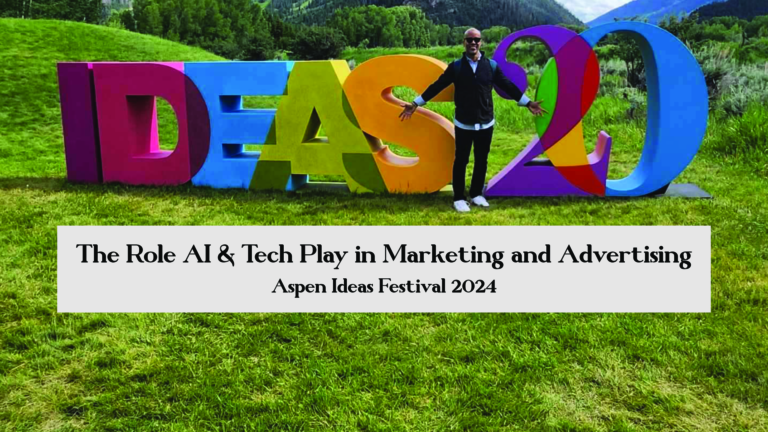In today’s digital age, the world of advertising is rapidly evolving, thanks to advancements in AI and machine learning. The crucial role that AI will play will forever shape the future of advertising. Let’s explore the potential impact of AI machine learning on the advertising industry and how it is revolutionizing the way brands connect with consumers based on a breakout session I participated in at the Aspen Ideas Festival, 2024.
The Fusion of Creativity and Technology
I’m constantly amazed at how the seamless integration of AI and machine learning is transforming the creative process. It’s a fascinating era where technology not only complements but elevates creativity, offering a canvas that is as boundless as our imagination. The convergence of these two worlds is not just a trend but a significant shift in how stories are told and experiences are crafted.
I’ve seen firsthand how AI acts as a catalyst for creativity. It’s intriguing to observe how brands are leveraging AI to understand consumer behaviors at a granular level, enabling them to deliver content that resonates on a deeply personal level. This fusion empowers marketers to create narratives that are not only engaging but also incredibly relevant to the individual consumer, marking a departure from the one-size-fits-all approach that defined advertising in the past.
The beauty of this evolution lies in the symbiotic relationship between the creator and technology. AI doesn’t replace the creative mind; rather, it serves as a tool that amplifies its potential. By parsing vast datasets and identifying trends that would be impossible for a human to discern alone, AI allows us to tailor messages that speak directly to the heart of the consumer’s identity and values. This level of personalization and insight was unimaginable just a few decades ago.
However, embracing this fusion of creativity and technology also requires a new level of responsibility. As we push the boundaries of what’s possible, we must remain vigilant, ensuring that our use of AI in advertising upholds ethical standards and fosters genuine connections. It’s a delicate balance to maintain, but one that holds the promise of creating more meaningful, impactful advertising that enriches the consumer experience in unprecedented ways.
AI’s Role in Identity-Based Consumer Behavior
Exploring the landscape of identity-based consumer behavior, I’ve grown increasingly fascinated by how AI serves as a bridge connecting brands with the complex tapestry of individual identities. How do consumers project their sense of self through the choices they make, and more importantly, how do brands become a part of this self-expression? The advent of AI machine learning offers a compelling answer, promising a future where advertising is not just seen but felt on a personal level.
AI stands out as a transformative tool, meticulously crafting messages that resonate with the deepest facets of our identities. It creates narratives that echo our values, aspirations, and the very essence of who we are. This nuanced approach to marketing, powered by AI, fascinates me because it represents a paradigm shift from traditional advertising tactics to a more empathetic, consumer-centric model. By analyzing data on consumer behaviors, preferences, and interactions, AI algorithms can generate insights that lead to more authentic and meaningful connections between brands and individuals.
However, this incredible capability of AI to tailor content to individual identities also demands a reflective pause. It challenges us to consider the implications of hyper-personalization, pondering the thin line between personalized engagement and intrusive surveillance. Ensuring that AI enriches the consumer experience without compromising privacy or autonomy is paramount.






